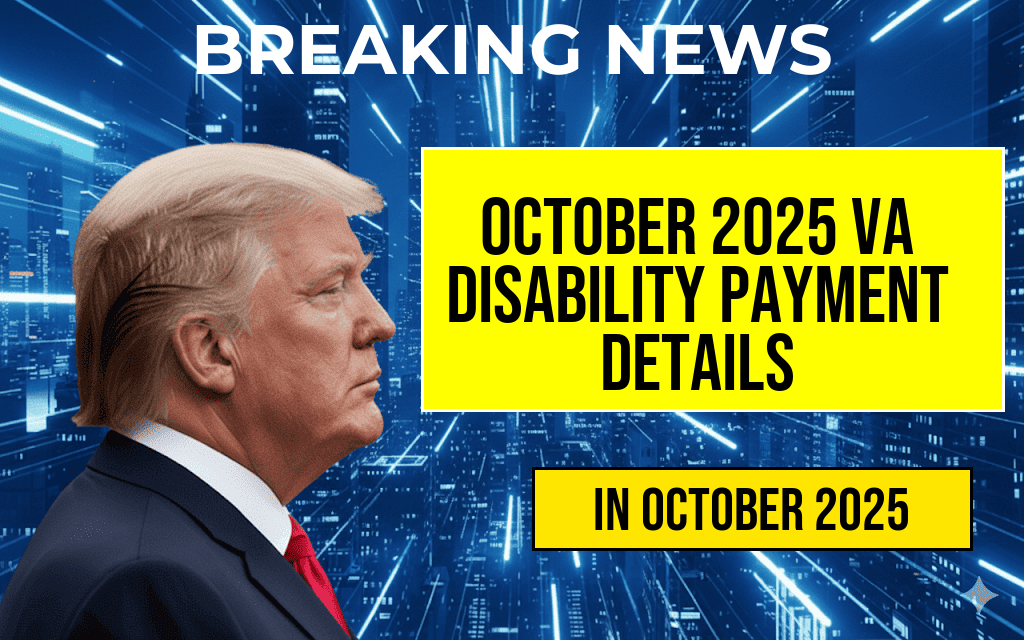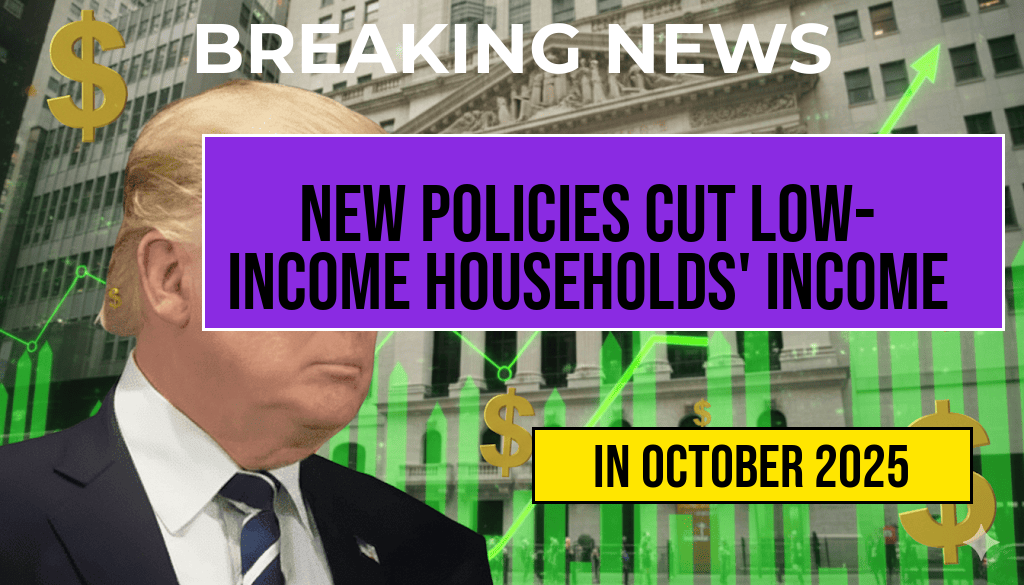In a significant policy shift, the Supplemental Nutrition Assistance Program (SNAP) will undergo an overhaul starting in October, resulting in the elimination of benefits for millions of recipients across the United States. This change comes amid rising concerns about the program’s sustainability and its long-term economic impact. The U.S. Department of Agriculture (USDA) announced that the revisions aim to streamline the program, but critics warn that reducing or eliminating benefits could exacerbate food insecurity among vulnerable populations. Current estimates suggest that nearly 41 million Americans rely on SNAP, making this policy alteration particularly alarming for low-income families and individuals already grappling with the rising costs of living.
The Impending Changes to SNAP
The USDA’s decision to overhaul SNAP is part of a broader initiative to reform welfare programs, which officials argue is necessary to ensure fiscal responsibility. Under the new guidelines, various eligibility criteria will be tightened, potentially impacting the ability of many recipients to qualify for benefits.
Key Changes in Eligibility
- Income Threshold Adjustments: Income limits for eligibility will be lowered, affecting families whose earnings exceed the new thresholds.
- Work Requirements: Stricter work requirements will be enforced, requiring able-bodied adults without dependents to meet minimum work hours to maintain their benefits.
- Asset Tests Reinstated: Asset tests, which were previously eliminated, will be reinstated, limiting the amount of savings or property that recipients can have.
Impact on Recipients
The ramifications of these changes are expected to be far-reaching. Experts predict that as many as 3 million participants could lose their benefits due to the stricter eligibility requirements. Food advocacy groups are particularly concerned about the potential for increased hunger levels among affected populations.
Food Insecurity Statistics
According to the Feeding America network, food insecurity affects 1 in 8 Americans, with children being among the most vulnerable. The impending SNAP overhaul could worsen these statistics:
| Group Affected | Current SNAP Recipients | Estimated Loss of Benefits |
|---|---|---|
| Families with Children | 20 million | 1 million |
| Senior Citizens | 4 million | 500,000 |
| Individuals with Disabilities | 6 million | 800,000 |
Reactions from Advocacy Groups
Advocacy groups have expressed outrage at the changes, arguing that they disproportionately affect low-income families who are already struggling to make ends meet. The No Kid Hungry campaign has called the modifications “cruel and unnecessary,” emphasizing the potential for increased child hunger as a direct consequence of the benefit cuts.
“This is a step backward in the fight against hunger,” said a representative from the organization. “We need to be investing in programs that support our communities, not tearing them down.” Many advocates are mobilizing efforts to challenge the changes through public forums and legislative channels.
Looking Ahead
The SNAP overhaul is set to take effect in October, and as the implementation date approaches, further discussions on the potential impacts are likely to intensify. Lawmakers are expected to hear from constituents, and public opinion may play a crucial role in shaping future policy decisions related to food assistance programs.
As SNAP recipients brace for the upcoming changes, the urgency of addressing food insecurity remains critical. Experts warn that without adequate support systems in place, the elimination of benefits could lead to devastating consequences for millions of Americans.
Frequently Asked Questions
What are SNAP benefits?
SNAP benefits, or the Supplemental Nutrition Assistance Program, provide financial assistance to low-income individuals and families to help them purchase food. These benefits are essential for many households to maintain a healthy diet.
Why are SNAP benefits being eliminated in October?
The elimination of SNAP benefits in October is part of a broader overhaul aimed at reforming the program. This change is intended to address budgetary concerns and improve the efficiency of the assistance provided.
Who will be affected by the elimination of SNAP benefits?
The elimination of SNAP benefits will primarily impact low-income individuals and families who rely on this assistance for their daily food needs. Many recipients may face increased food insecurity as a result.
What alternatives are available for those losing SNAP benefits?
Individuals and families who lose their SNAP benefits may explore other support programs, such as food banks, community meal programs, and local assistance initiatives that provide food resources.
Will there be any transition period for SNAP benefit recipients?
Yes, there may be a transition period for SNAP benefit recipients to adjust to the changes. However, specific details about this transition have not yet been clearly outlined by the authorities implementing the overhaul.











